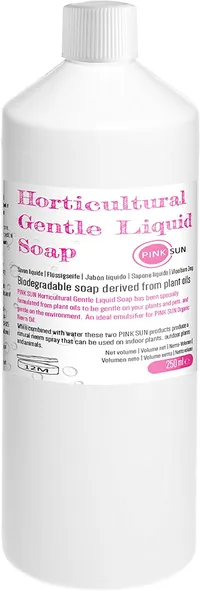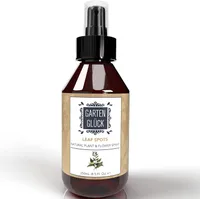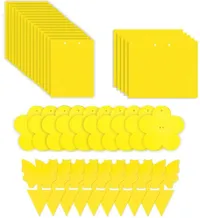How to get rid of aphids – using homemade insect spray, neem oil and more
Find out how to get rid of aphids naturally, without the use of harmful pesticides and how to keep them away from your plants for good.

Every gardener has at some point wanted to know how to get rid of aphids – the tiny pests that cluster on top of and destroy young shoots and flower buds. Succulents and roses are particularly prone to aphid infestations, but these insects can be found on other flowering plants indoor or outdoor, too.
Don't think this is the plant invader you're struggling with? Double check our how to identify houseplant pests to find the blighter in question.
Guy Barter, Chief Horticulturalist at the Royal Horticultural Society explains, 'Aphids suck sap weakening plants, cause foliage to curl, form unsightly colonies and may also spread virus diseases. Soap or oil base insecticides that leave no residues are highly effective if the plant is well covered with spray. Predators can be bought and are very effective in greenhouses and conservatories.'
Find out more about how to get rid of these pests quickly and naturally, without the use of pesticides that can harm your plants, pollinators, and wildlife.
- Plant pest or plant disease? Take a quick look at these 6 common plant diseases to confirm or deny your suspicions.
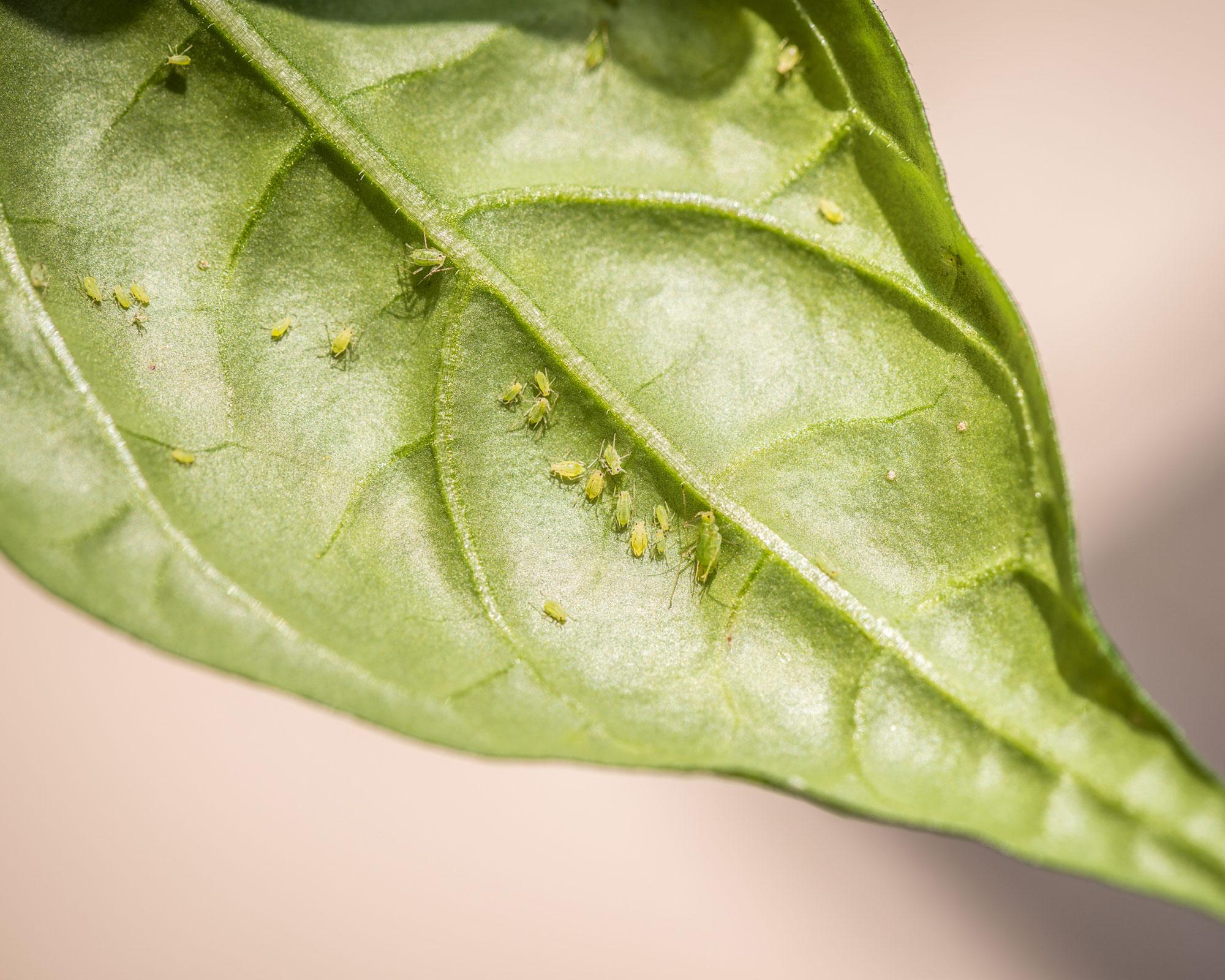
How to get rid of aphids
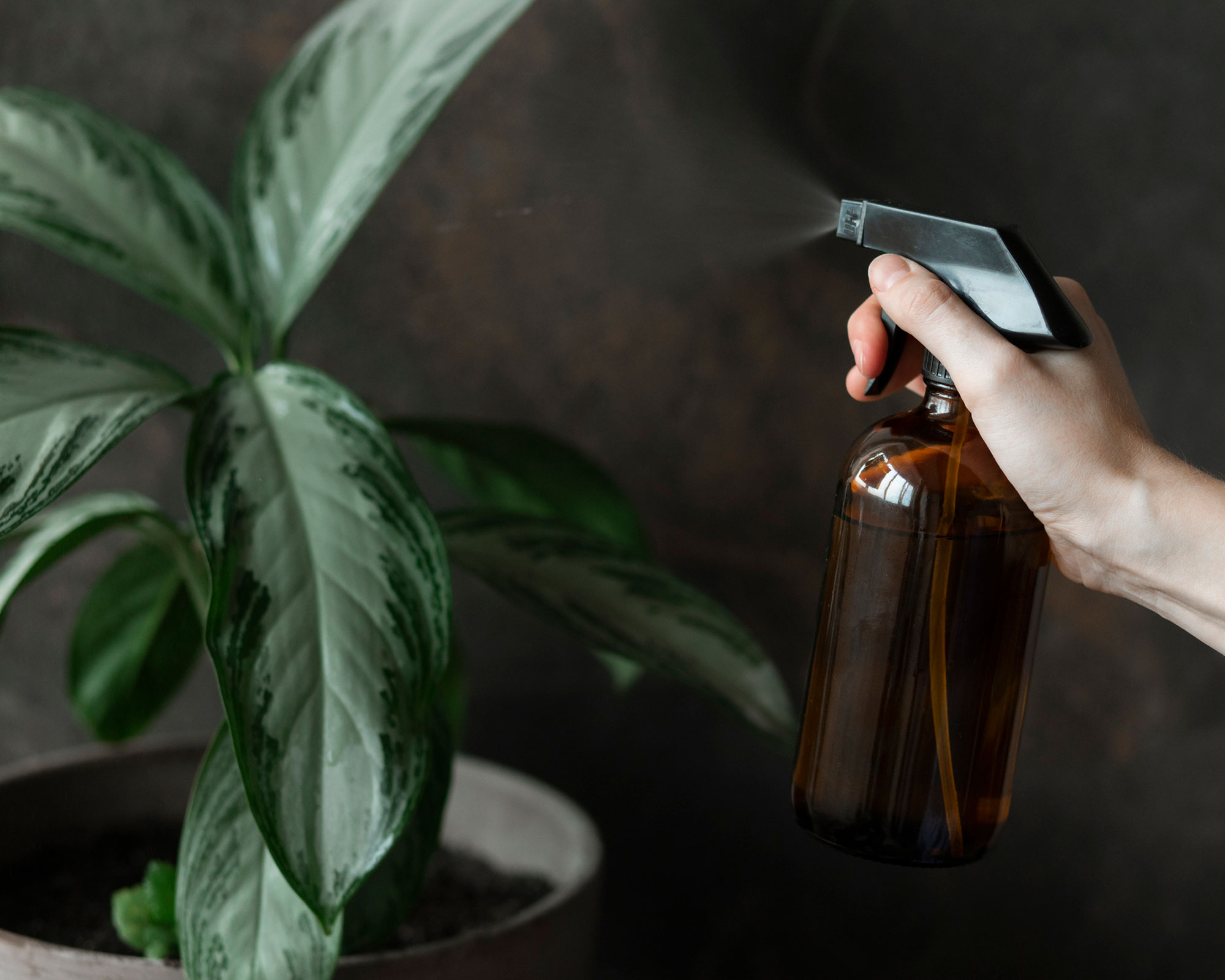
Homemade insect spray with castille soap
You will need:
- A spray bottle
- Castille soap
- Water
Method:
1. Mix Castille soap and water in your spray bottle, using approximately one part soap to two parts water. You want it strong enough to form a sticky liquid that will coat the aphids, but don't use undiluted soap.
Get small space home decor ideas, celeb inspiration, DIY tips and more, straight to your inbox!
2. Shake well and let rest for about half an hour. Spray the mixture thickly all over the affected buds and shoots, taking care to cover all the aphids. Do this on a dry day: if it's raining, the treatment won't work.
3. Reapply every few days until the aphids are gone.
Top tip: You can also use washing up liquid, but we've found that nothing works as well as genuine Castille (try Dr Bronner's). Always use the unscented version to avoid damaging your plants.
Wash them away from affected leaves
Ideal if the infestation is mild, simply set the plant in the sink and use a strong blast of water to drown and wash the aphids down the plug hole. You can also use your hand (or gloved hand) to knock them off.
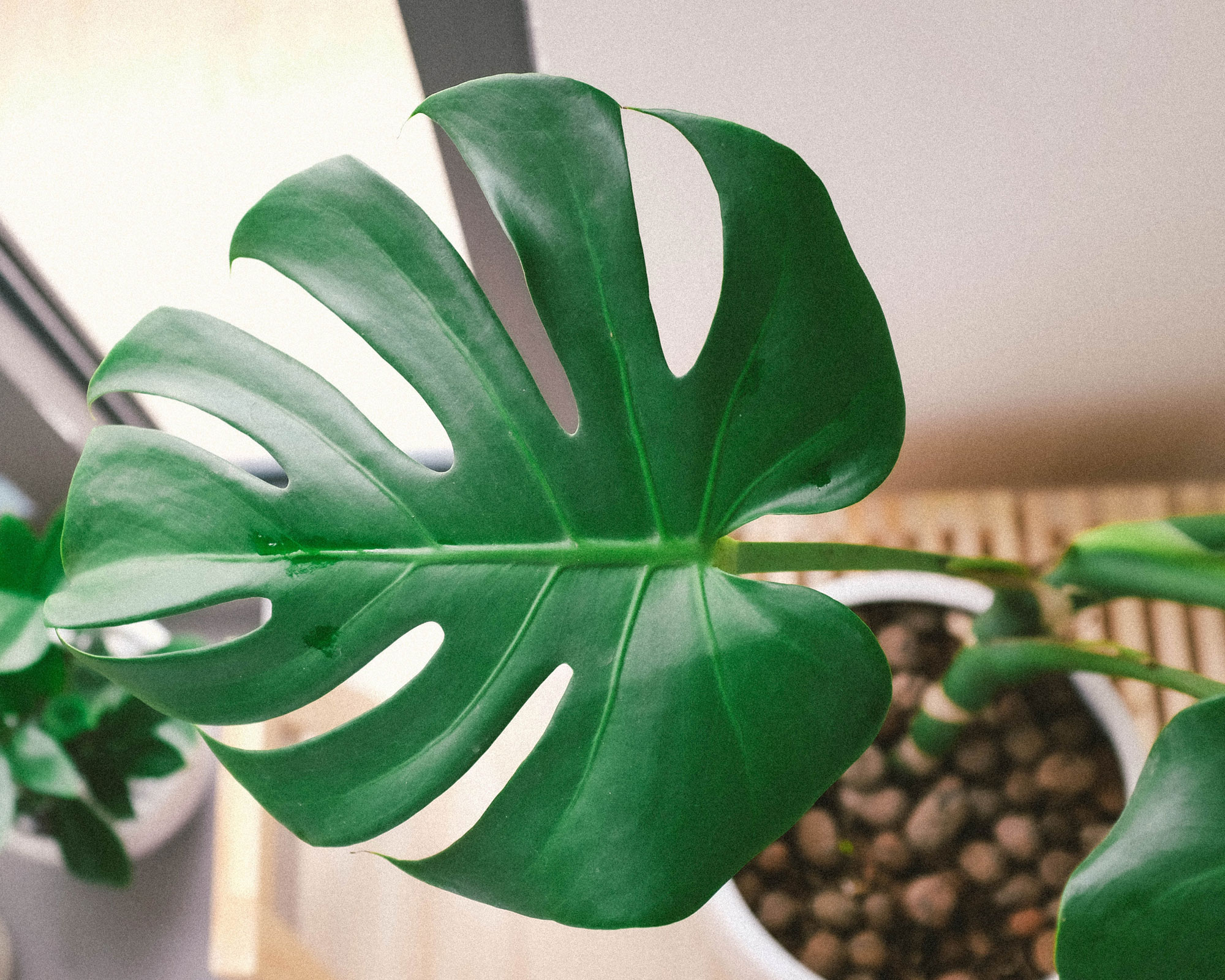
Use insecticidal soap on the plant's leaves
There's a ton of different insecticidal soaps to choose from that are sure to help get rid of these little blighters. We recommend a soap free of perfumes and additives which could harm plants, especially those who are having a hard time of it.
Make a weak mixture with water and use a spray bottle to spritz your plant, making sure not to forget to cover the undersides of the leaves.
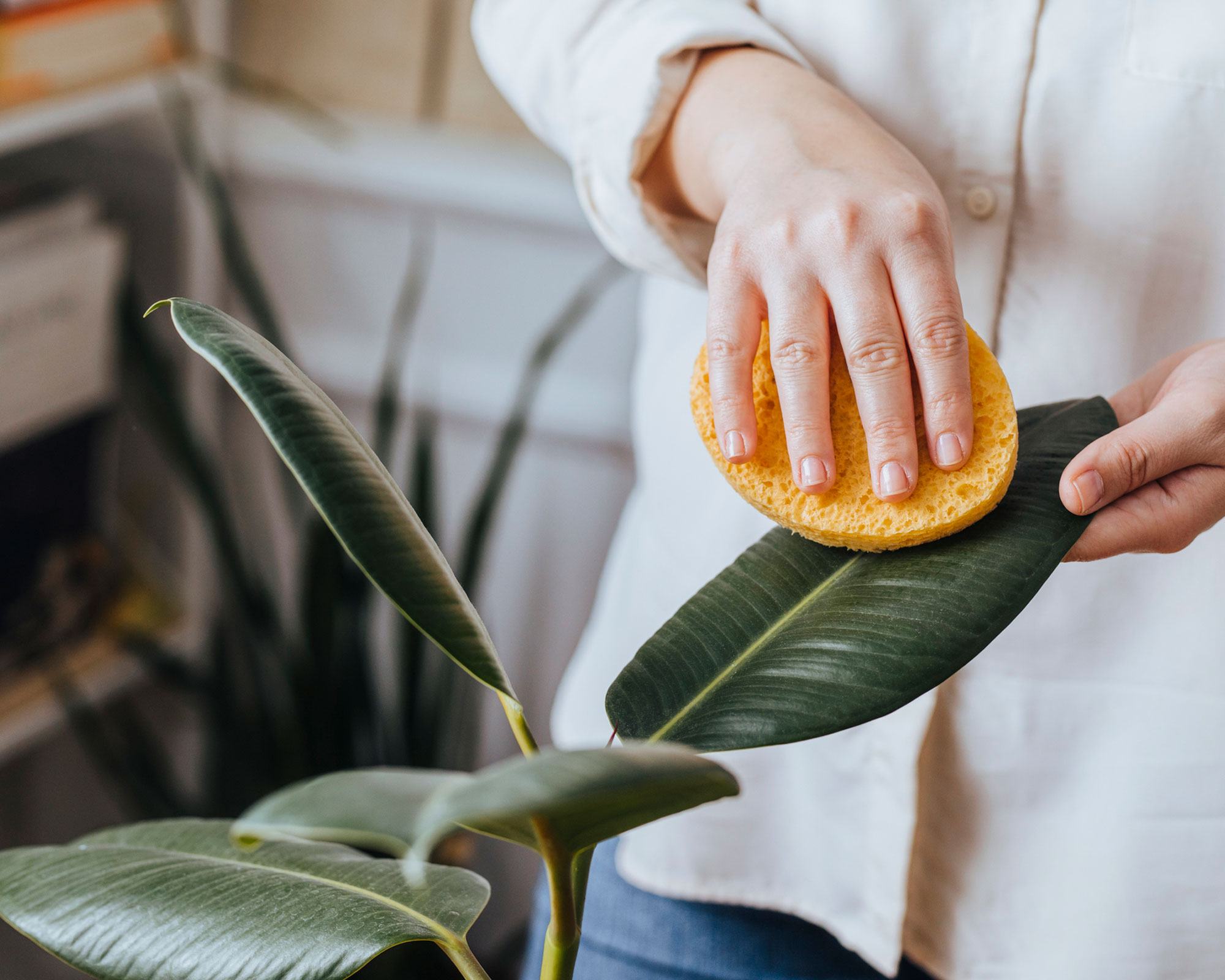
Apply neem oil on the houseplant
Neem oil is a secret weapon in the fight against most plant pests and it works as an insecticide as well as a fungicide. Its systemic benefits make it extra special because the plant's roots absorbs the oil so when a new insect tries to invade your plant they'll be ingesting deadly neem. It'll also protect against a lot of other pests, such as mealybugs.
It can be used on veggies, food plants as well as ornamental plants and is non toxic to pets and humans.
Warning: Neem oil might kill some plants if they are young or weak. The oil shouldn't be applied too heavily but to be sure your plant can take it, test a small area of the plant and wait 24 hours before spraying it all over.
Garten Glück Leaf Spot Treatment I Organic Neem Oil for Plants, £9.29, Amazon
This neem oil spray is made using organic neem oil which, with its fungicidal and insecticidal properties, does not only treat leaf spots but also acts as a protective spray to prevent plant pests and disease infestation.
Yellow sticky traps around the infested plant
Yellow sticky paper is great to get rid of a lot of flying insects because the yellow color is particularly attractive to them.
Hang the paper around the infested plant to trap the insects when they pay a visit to their favorite hideaway. Check every few days and replace when required.
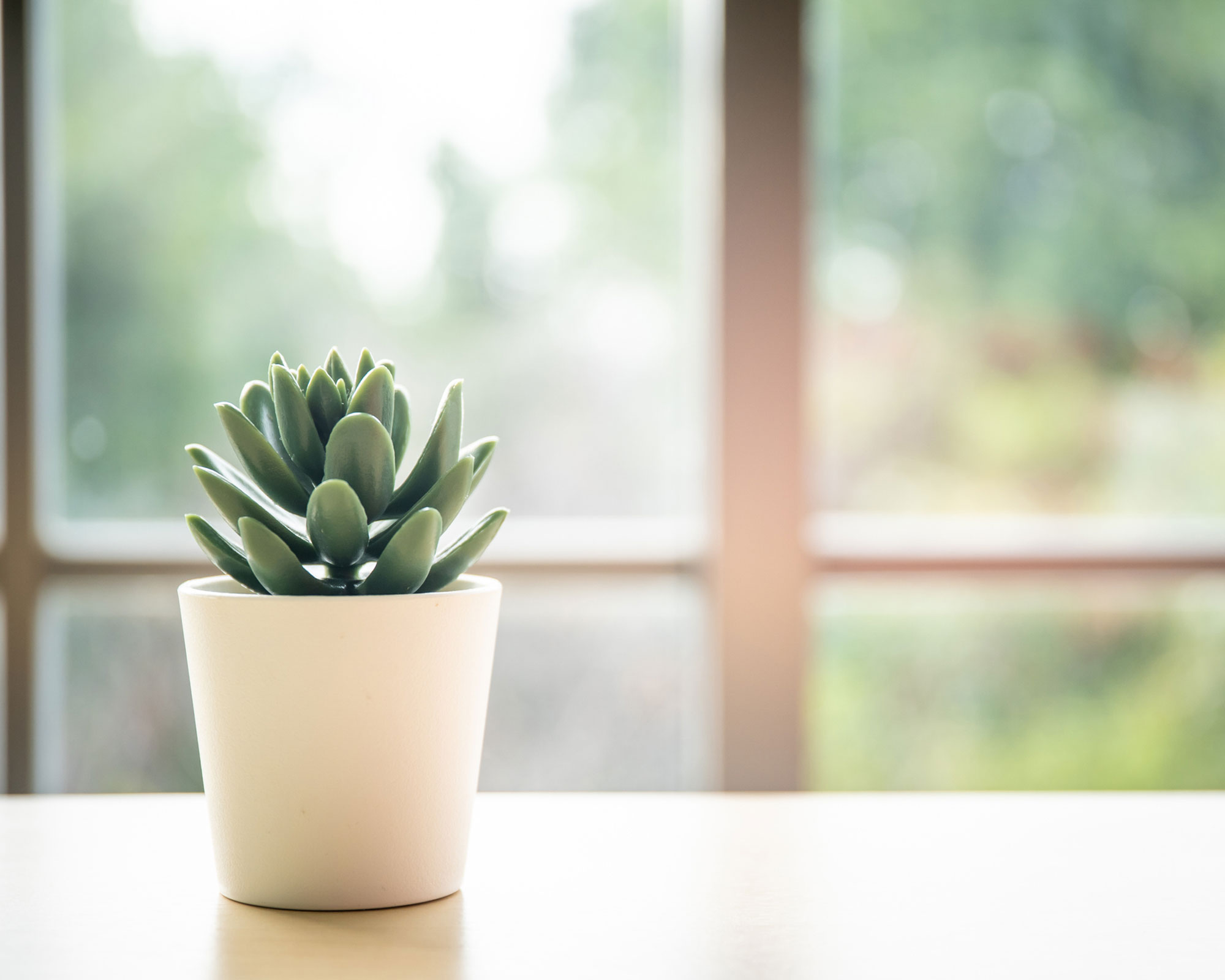
How to prevent an aphid infestation
As with all other houseplant pests, prevention is better than cure. The best way to prevent them is by keeping your plants healthy – don't under or overwater, and make sure the roots of your plants are never allowed to dry out as this weakens the plant.
Martha Stewart adds, 'Because aphids are attracted to moist soil and high nitrogen levels, it's a good idea to avoid overwatering and over-fertilizing your houseplants in order to prevent another aphid infestation once you've alleviated your problem.'
Anna is a professional writer with many years of experience. She has a passion for contemporary home decor and gardening. She covers a range of topics, from practical advice to interior and garden design.
